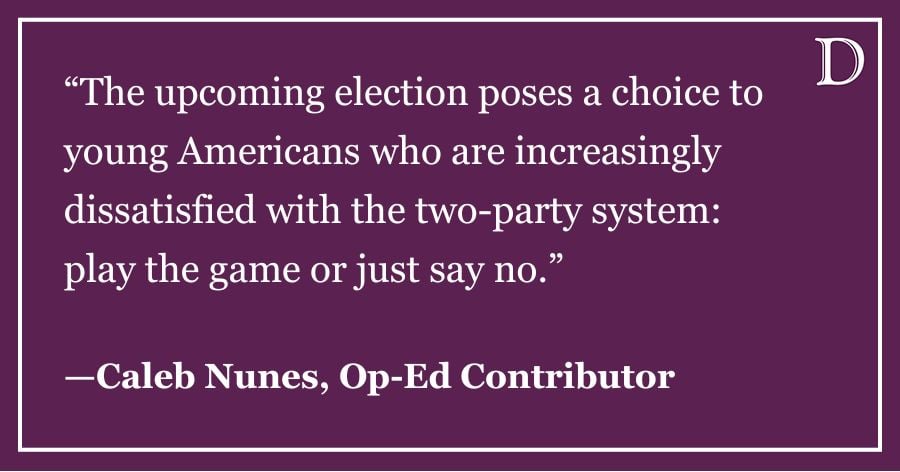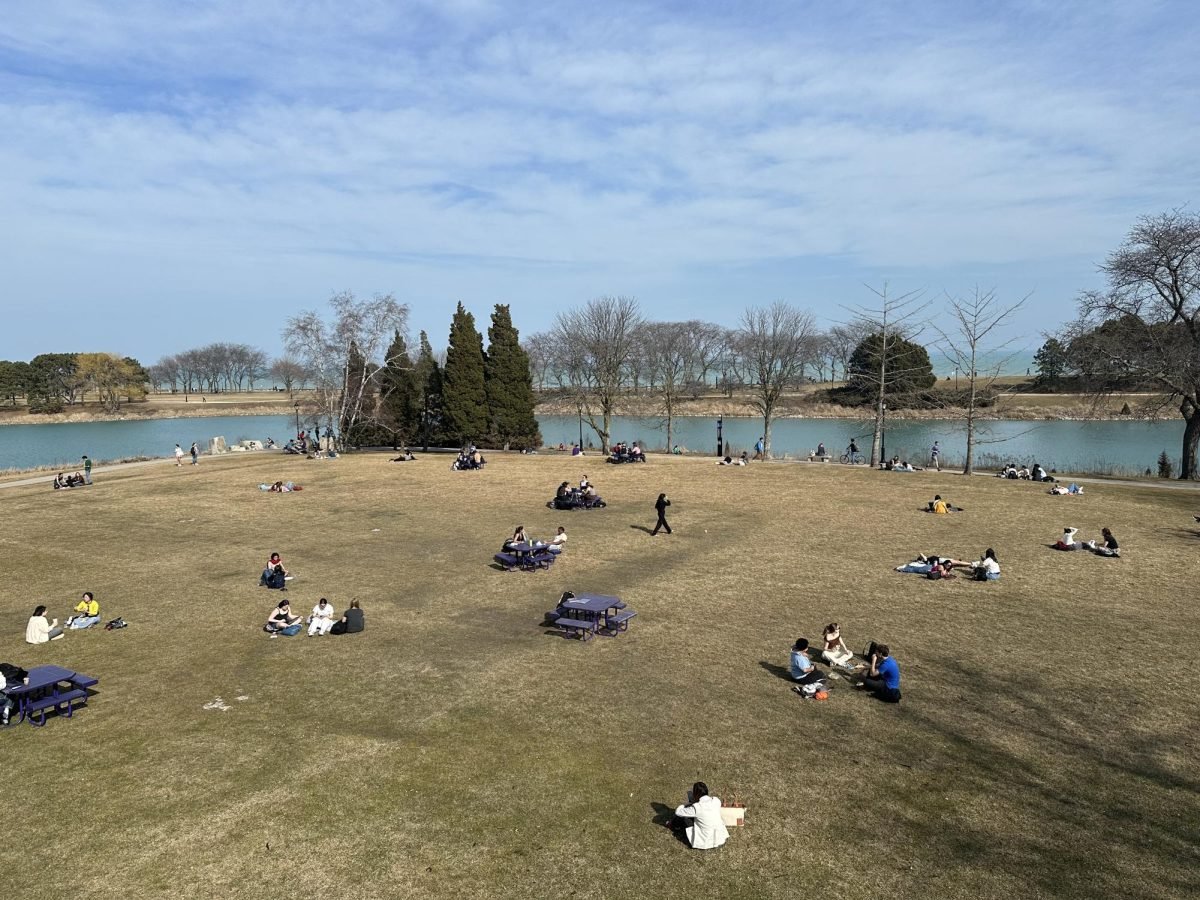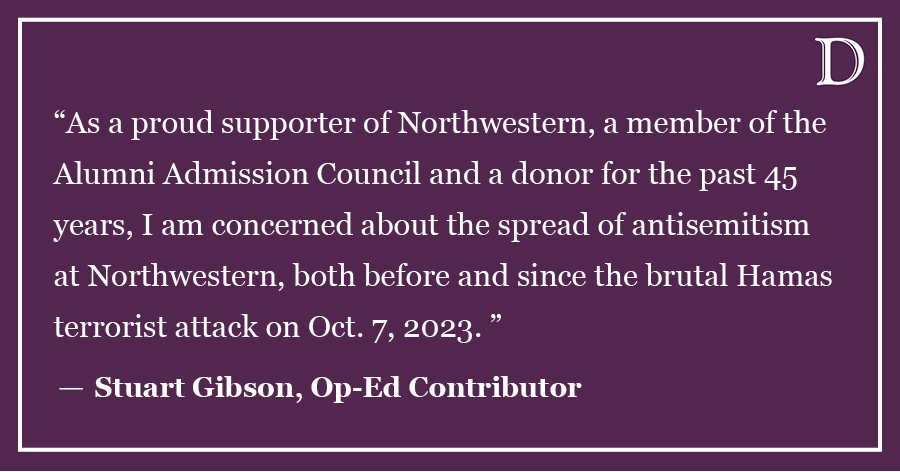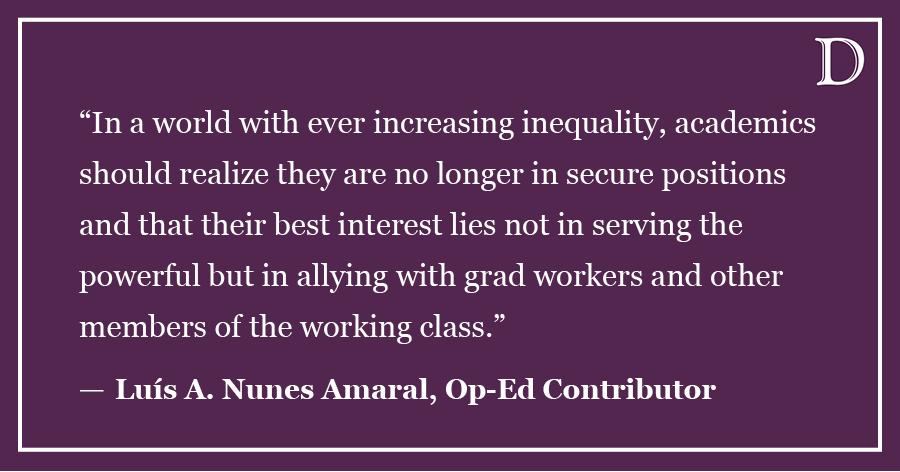Every year, Wildcat Welcome greets Northwestern freshmen with a dizzying array of activities, new friends, and responses to the same three tired questions: name, major and hometown.
In London, these three questions still lead almost every conversation with other “freshers.” After finding out that a student is from the United States, however, they add a fourth: “Who are you voting for in the elections?”
Obviously, such questions are taboo in the U.S., to say the least. At NU, many students have only vague ideas about the political inclinations of their friends. A number of students have voiced frustration over the campus’ lack of political involvement, despite the numerous publications. Even amid a voter-registration campaign that has gained national attention, NU’s culture has not changed to the point where oblique questions about deep-seated philosophies are appropriate as a topic of introductory conversation.
To students at University College London, political questions are appropriate for a myriad of reasons. Freshman Jonny Pass pointed out that politics in England are markedly different than they are in the U.S. “Our politics are far more secular, and that removes a religious element,” he said. “Also, there are deep-seated and long-running divides and narratives in the U.S. that we just don’t have here. Labor and the Tories are far too similar in their policies to make much distinction between them.” For Pass, the fact that most politicians in the U.K. go to Eton and then Oxford, two of the nation’s premier schools, makes them even more homogenous.
Freshman Will Jacobs expounded on this point, describing the “cult of personality” around U.S. politicians as a key to understanding why people often do not identify as much with David Cameron as they do with Barack Obama. “People in the U.S. really get carried away with a politician’s personality,” he noted. “That rarely happens here.”
To Pass and Jacobs, political questions do not seem like a third rail to avoid, largely because politics rarely reveal much about a person. With the notable exception of Margaret Thatcher in the 1980s, the two students agreed that British politicians tend to support similar ends and policies. Failing to realize how U.S. politics tend to be sharply polarizing, they feel comfortable asking American students about their impending vote.
Pass and Jacobs support different political parties in the U.K., but this knowledge has not altered their perception of the other. When I pointed out that Jacobs’ ideology differed from his own, Pass just joked, inadvertently indicting our nation’s lack of bipartisanship: “I hate him! That’s how it is in America, right?”
The Global Paradigm Project is intended to link students across the world in a substantive discussion of politics and policy. Visit politicsandpolicy.org/category/dispatches to read more posts from our Global Paradigm Fellows.













